Highlights of the SEA Fall Meeting
This year, the Society for Education in Anesthesia is commemorating its 35th anniversary. It was unfortunate we could not all be together in Washington, D.C. to celebrate. Nevertheless, we were so happy to see everyone who attended SEA’s Fall Meeting 2020 in its first ever virtual format. The meeting’s theme was “Educational Scholarship,” as we described how anesthesiology educators can create publications or other scholarly output from their curricular and educational efforts. We had an informative program full of amazing speakers this year, and we would like to share a summary of highlights from the meeting.
The first section of the meeting focused on “Why and Where to Publish Your Educational Work.” Dr. Grace Huang kicked-off the meeting by delivering the McLeskey Lecture, in which she encouraged us to make a habit of incorporating writing into our professional lives. She emphasized that scholarship is within everybody’s reach and that there are opportunities to publish in education beyond original research projects. Next, we had a panel session on non-traditional publishing venues, during which Dr. Jed Wolpaw described how podcast development can be incorporated into your curriculum vitae and assist with promotion. He also encouraged others, especially those in subspecialty practice, to develop their own podcasts. Dr. Fei Chen presented us with innovative methods for the peer review process and how such innovations address some of the challenges in traditional review and metascience. She left us with the hope that we will see the application of these innovations in anesthesiology journals in the near future. The final speaker on the panel, Dr. Steven Shafer, provided an editor’s overview of the ASA Monitor and introduced GitHub for non-traditional publication strategies. Dr. Shafer encouraged interested people to contact the editors of ASA Monitor with innovative ideas and expressed interest in a potential medical education column.
The speakers of the second section, Dr. Amy Miller Juve, Dr. Lara Zisblatt, and Dr. Amy DiLorenzo, described the numerous roles non-physician educational specialists can play in an anesthesiology department. Dr. David Zvara wrapped up the section, and first day of the meeting, with a chair’s perspective on how you can convince your chair to hire a non-physician educator.
We started the second day of the meeting discussing how to publish your educational work. Dr. Lara Varpio gave us several great pieces of advice on creating an educational research paper, including how to frame your paper in the context of existing literature and how to make good use of your cover letter. Next, we received some fantastic insights and perspectives from two journal editors, Dr. Ed Nemergut (A&A) and Dr. Jeff Berger (JEPM), regarding practical tips and common pitfalls in educational writing. They each discussed several attributes of high-quality educational manuscripts and emphasized how effective design and writing can facilitate publication.
To wrap up the meeting, we heard a very special presentation from Dr. Melissa Davidson and Dr. Stephen Kimatian, the SEA Duke Award Recipients for 2020. They both have been instrumental in the success of the SEA Workshop on Teaching and are extremely deserving of this prestigious award.
Overall, the first virtual meeting of the SEA was a success. The feedback from attendees regarding the content, speakers, and format of the meeting was highly positive. More than 100 SEA members participated in each day of the meeting, many of whom found the virtual format very accessible. Additionally, the mixture of pre-recorded videos, live presentations, and live Q&A made for a well-rounded variety of formats. Although we would have preferred to be together at an in-person meeting we were still able to have a well-attended meeting, where SEA members received valuable education and professional development.


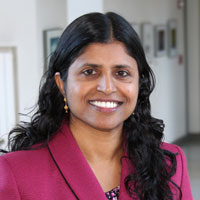
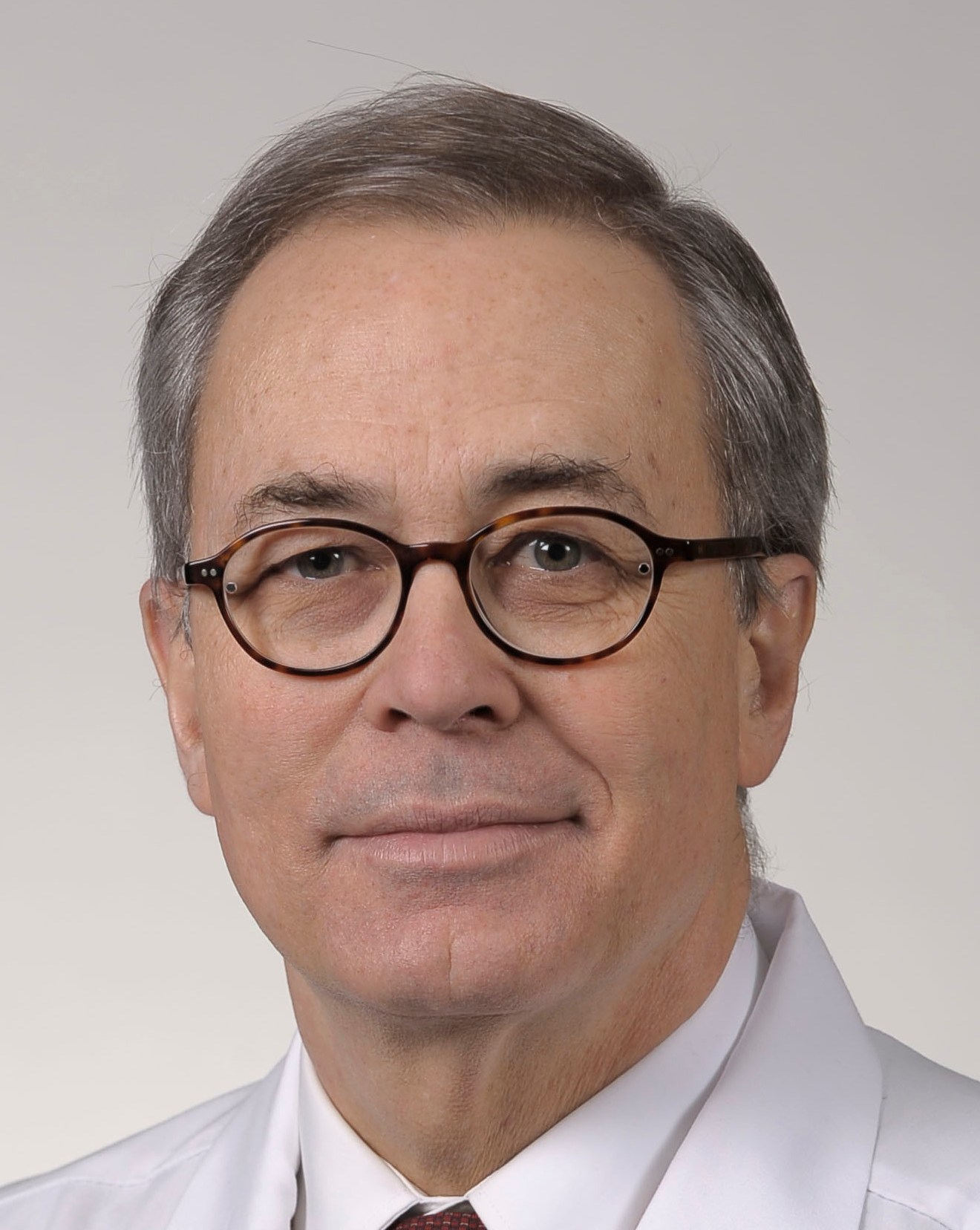
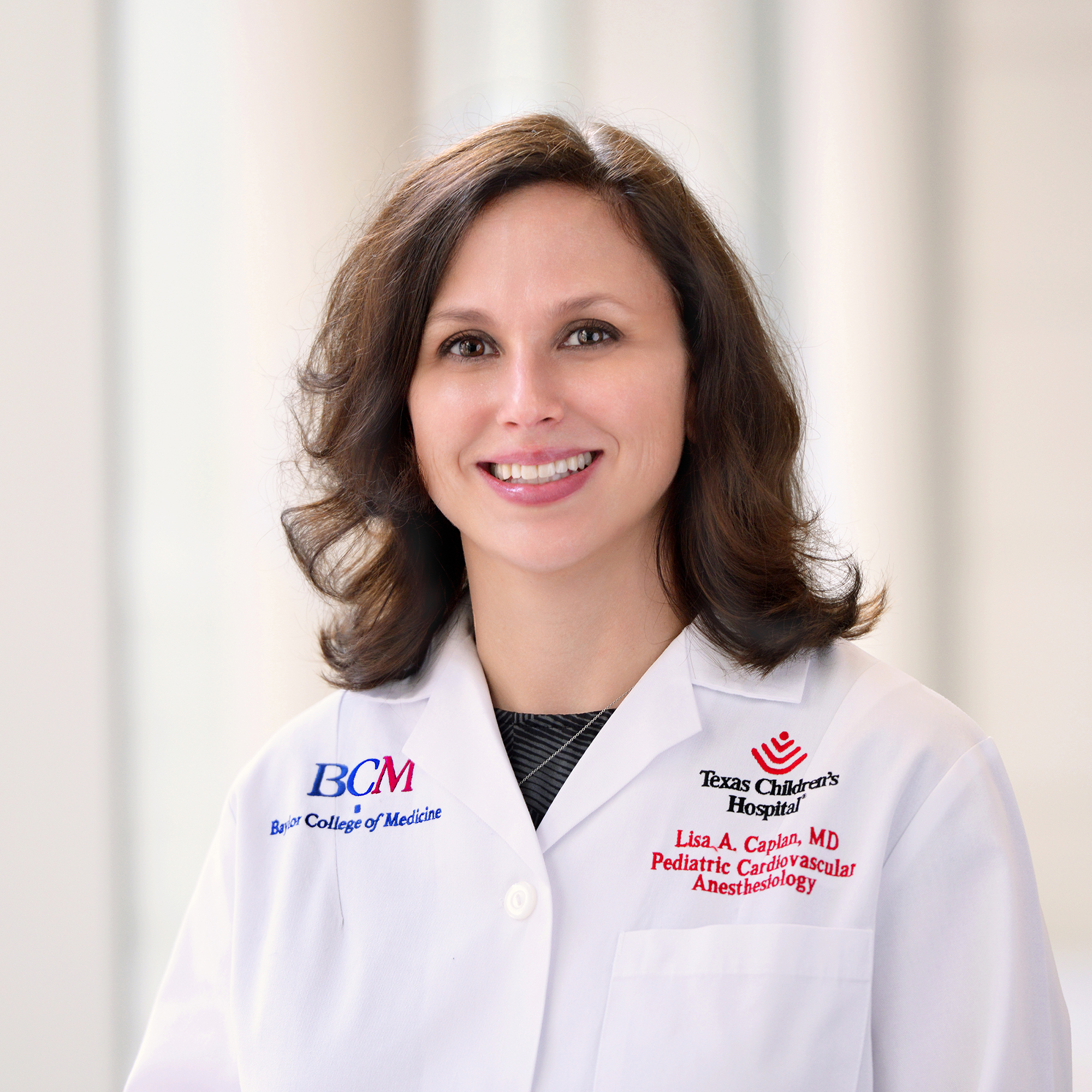
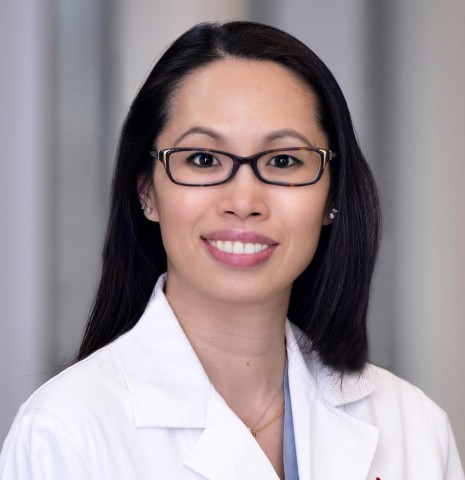
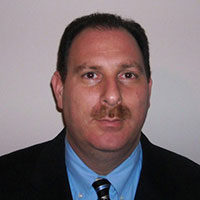
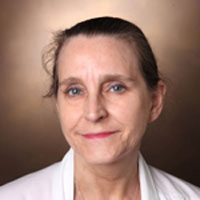
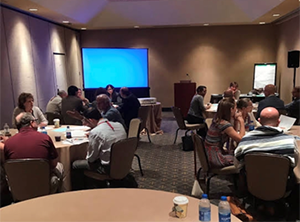
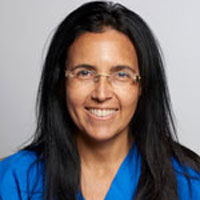
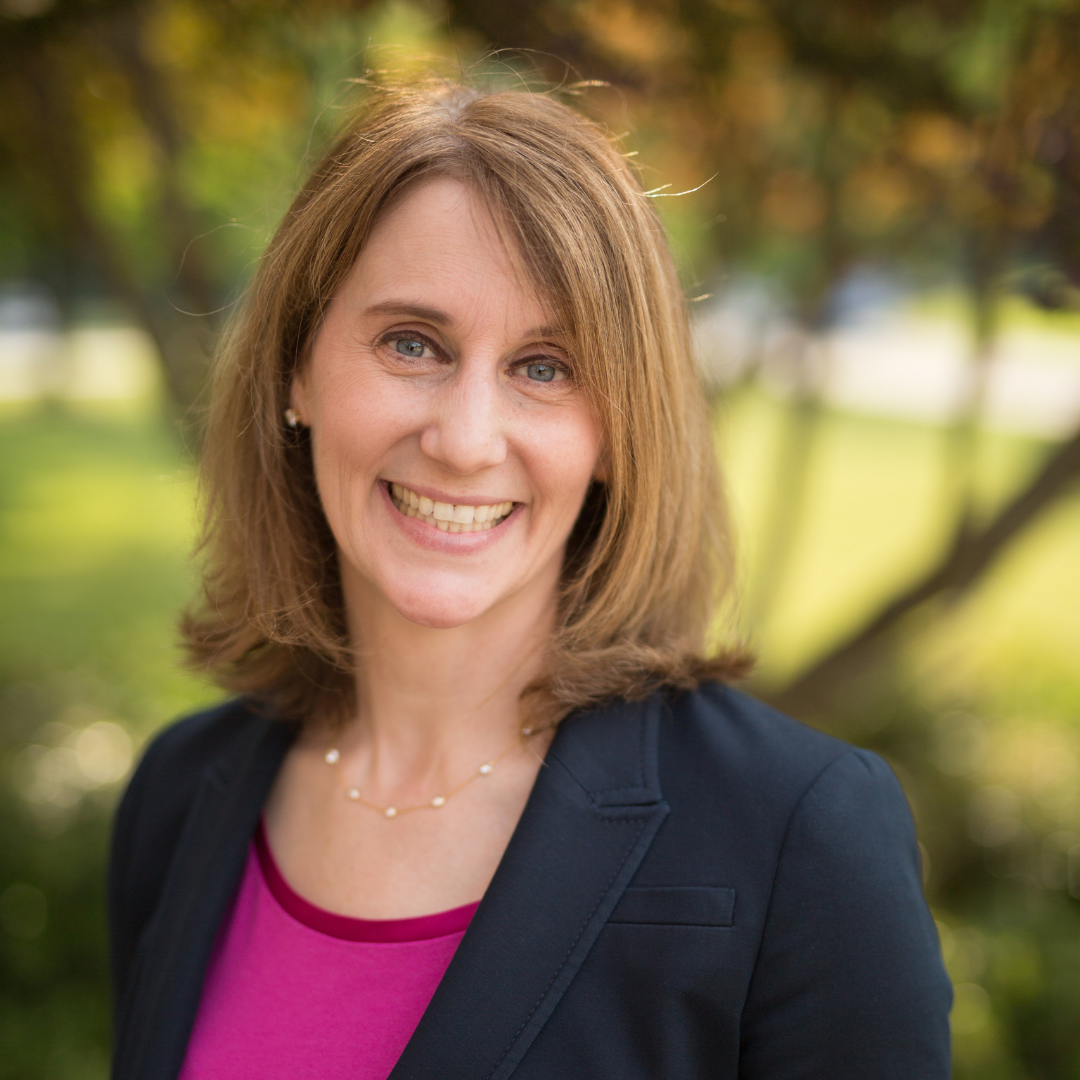
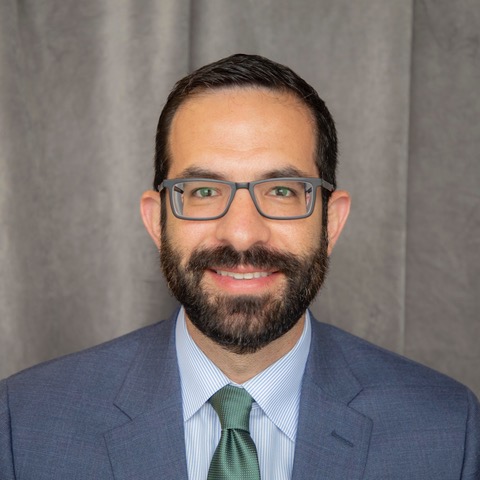
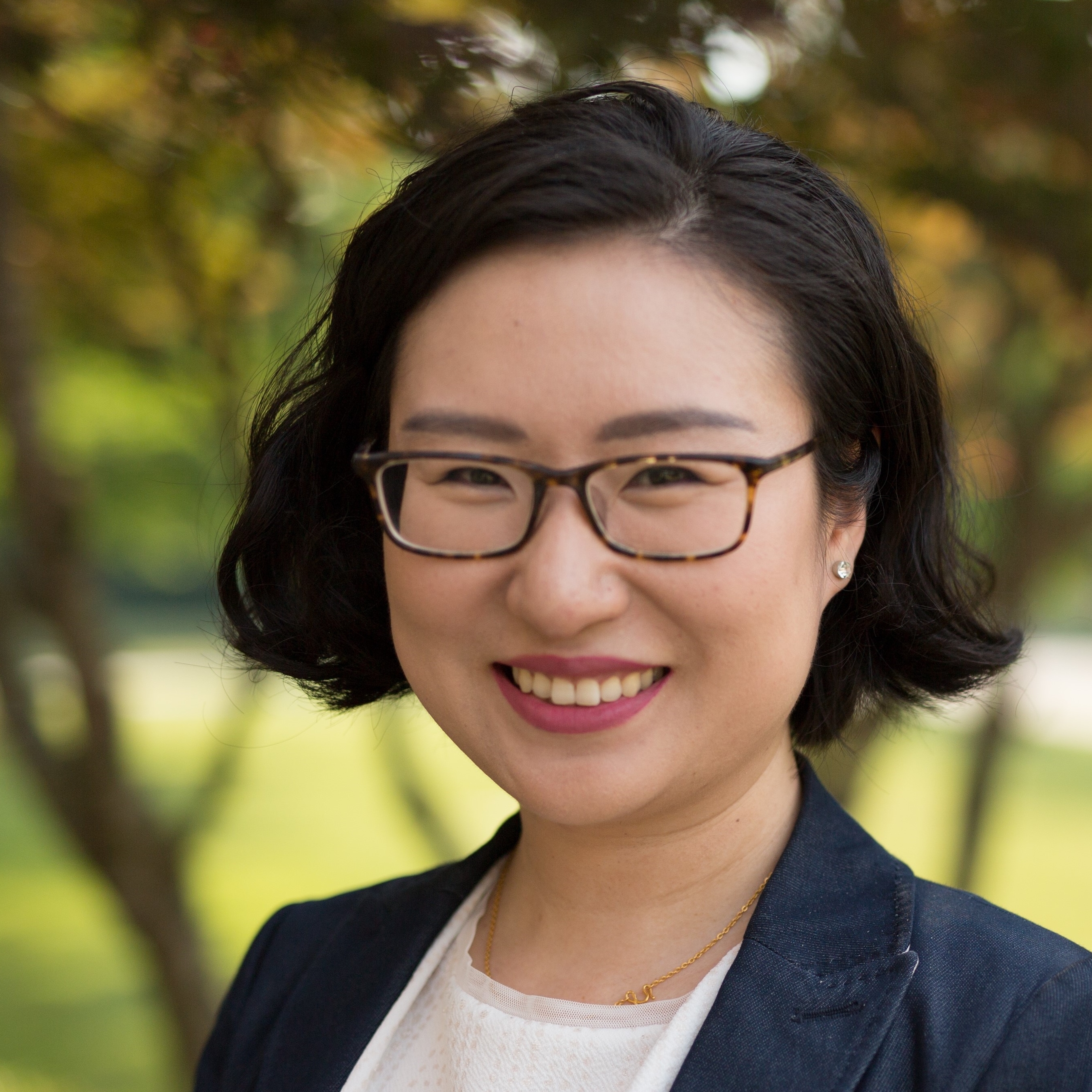
 high fidelity, was used extensively to educate our medical students. A simulation session that seemed straightforward before the pandemic took substantially more effort because we had to sanitize all the equipment and operate the simulators without the aid of technicians. Finding masks, gloves and sanitizing equipment was challenging. The debriefing skills that I obtained over the years helped to address and humanize medical students’ and residents’ concerns about COVID-19 and the effects on their education.
high fidelity, was used extensively to educate our medical students. A simulation session that seemed straightforward before the pandemic took substantially more effort because we had to sanitize all the equipment and operate the simulators without the aid of technicians. Finding masks, gloves and sanitizing equipment was challenging. The debriefing skills that I obtained over the years helped to address and humanize medical students’ and residents’ concerns about COVID-19 and the effects on their education.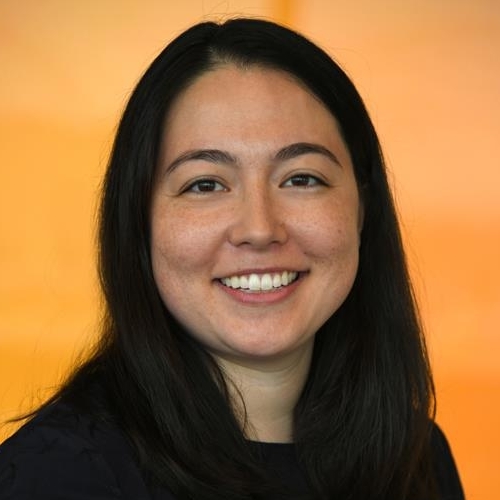
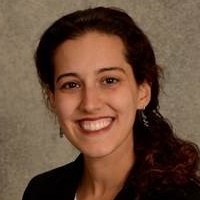
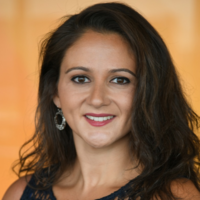
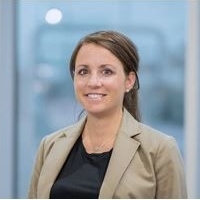
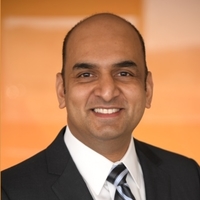
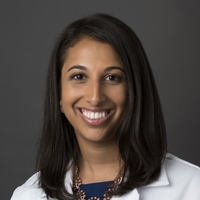
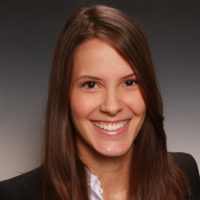
 decrease burnout and bolster mental wellbeing. Traditionally, interclass friendship and camaraderie vital for the forthcoming clinical years stems organically from frequent social interactions both within and outside the hospital. However, due to infectious concerns, many of those opportunities are not possible this year. With some creativity, we supplemented their curricula with online weekly social hours to facilitate debriefing, decompression, and growth as a class as well as a structured 1:1 peer mentorship program that paired rising CA-1 residents with senior mentors to provide psychosocial support, encourage self-reflection, and bolster professional connectedness.
decrease burnout and bolster mental wellbeing. Traditionally, interclass friendship and camaraderie vital for the forthcoming clinical years stems organically from frequent social interactions both within and outside the hospital. However, due to infectious concerns, many of those opportunities are not possible this year. With some creativity, we supplemented their curricula with online weekly social hours to facilitate debriefing, decompression, and growth as a class as well as a structured 1:1 peer mentorship program that paired rising CA-1 residents with senior mentors to provide psychosocial support, encourage self-reflection, and bolster professional connectedness.
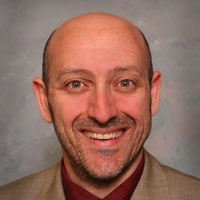
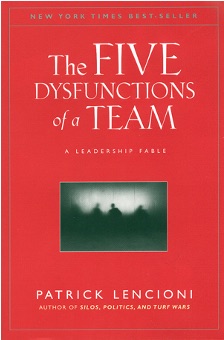
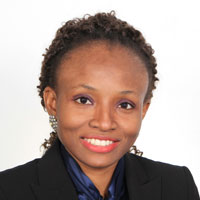
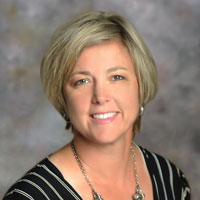
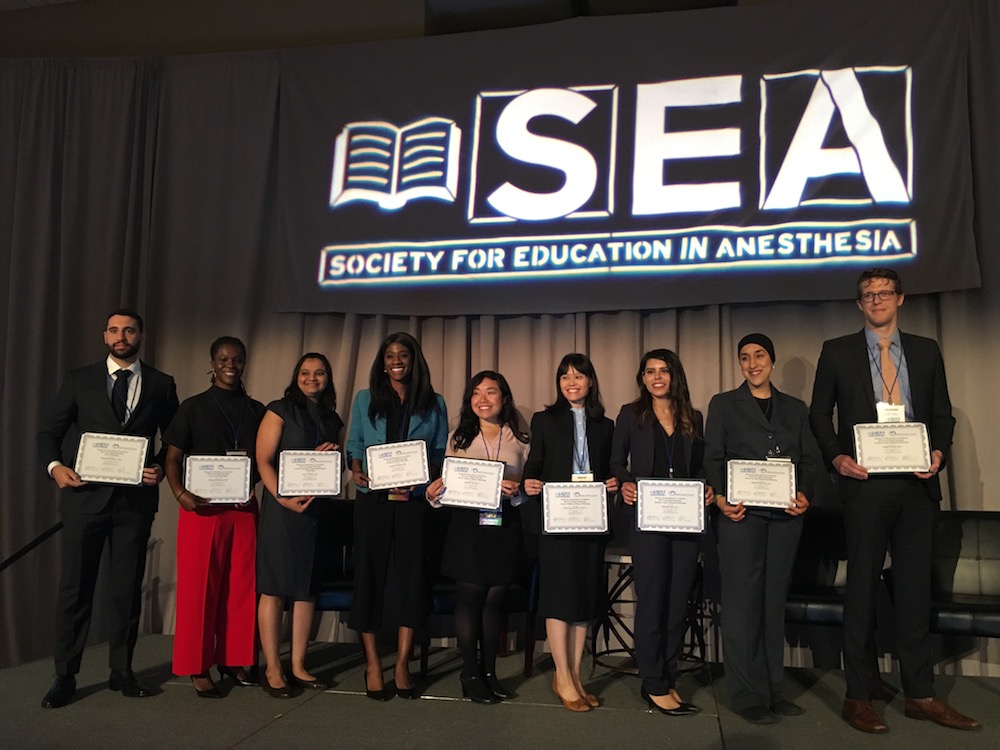 This was another successful year for the SEA/HVO Fellowships. We received 22 applications and awarded 8 Fellowships. See the HVO announcement below. The new Fellows will be traveling to Vietnam, Rwanda or Ghana for their month of teaching anesthesia residents, anesthesia nurses or anesthesia clinical officers. Congratulations to them all.
This was another successful year for the SEA/HVO Fellowships. We received 22 applications and awarded 8 Fellowships. See the HVO announcement below. The new Fellows will be traveling to Vietnam, Rwanda or Ghana for their month of teaching anesthesia residents, anesthesia nurses or anesthesia clinical officers. Congratulations to them all.